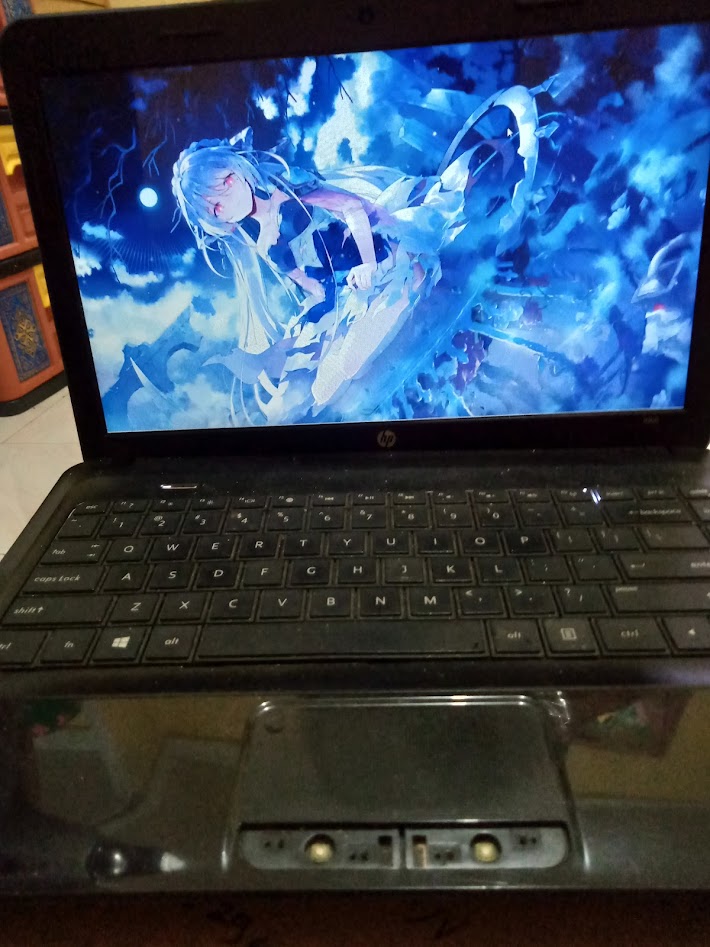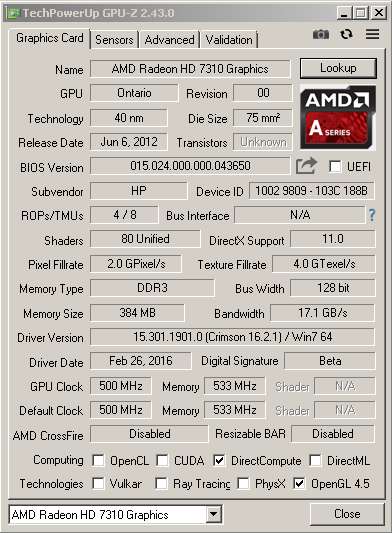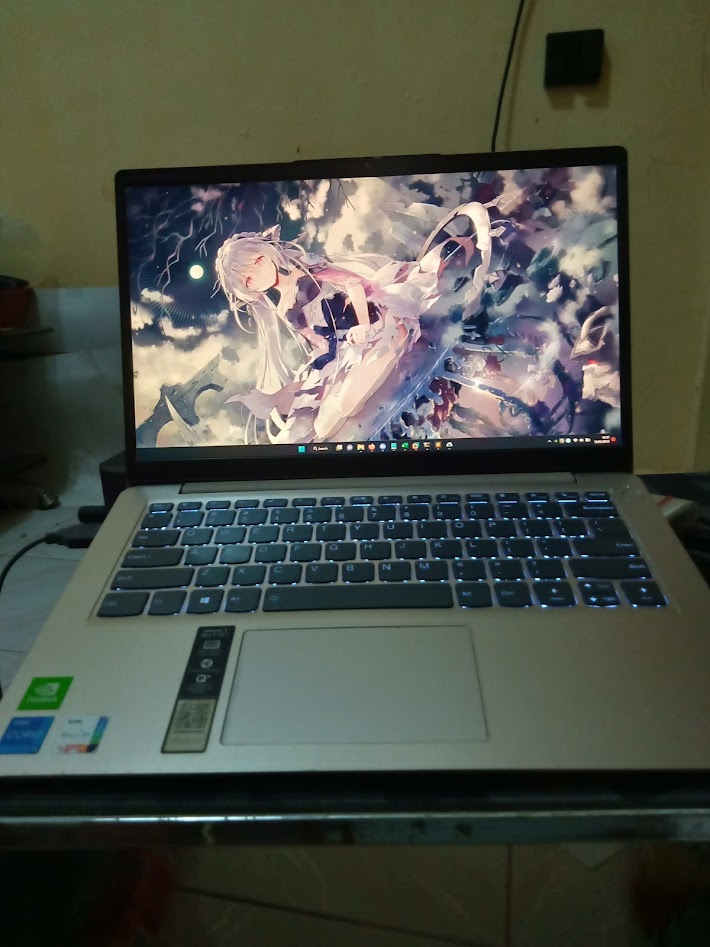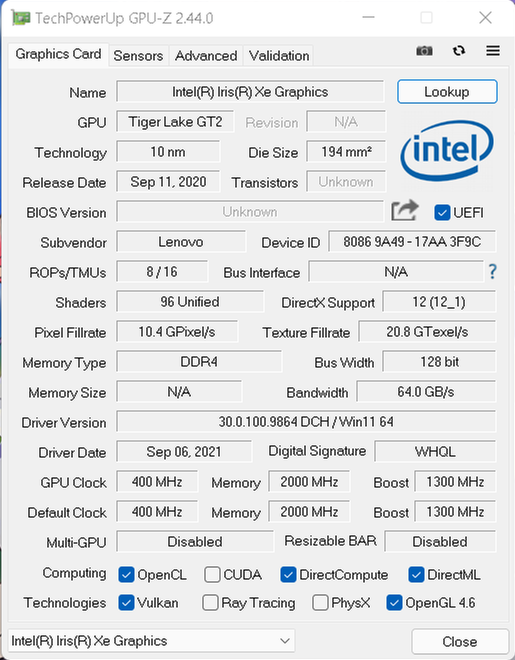Comparing: AMD Radeon HD 7310 vs Intel Iris Xe Graphics Mobile (80EUs, Tiger Lake)
In this comparison, we analyze two Videocards: AMD Radeon HD 7310 and Intel Iris Xe Graphics Mobile (80EUs, Tiger Lake), using synthetic benchmark tests to evaluate their overall performance. This side-by-side comparison helps users understand which hardware delivers better value, speed, and efficiency based on standardized testing. Whether you're building a new system or upgrading an existing one, this benchmark-driven evaluation offers valuable insights to guide your decision.
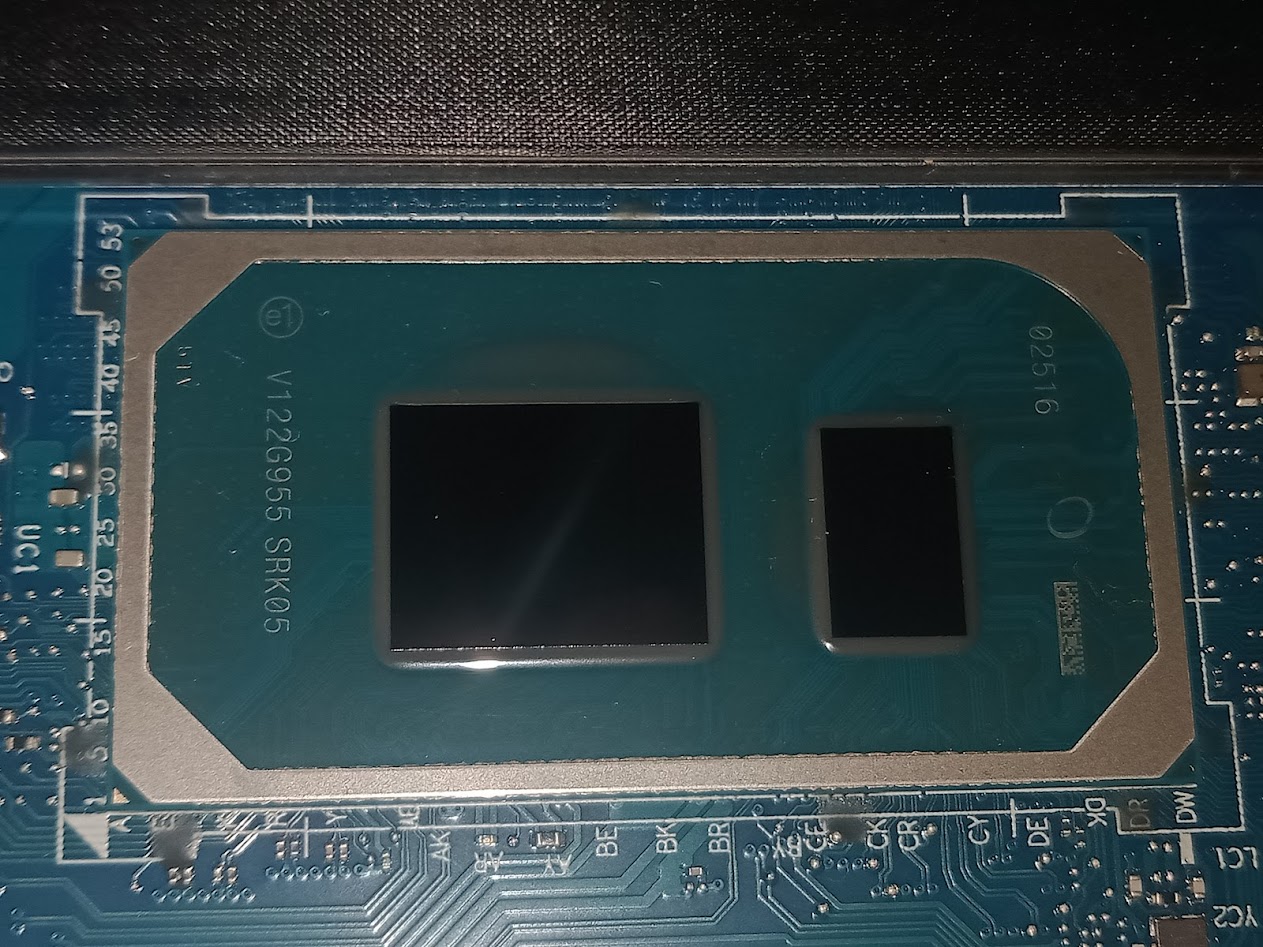
Intel Iris Xe Graphics Mobile (80EUs, Tiger Lake)
| Type: | Videocards |
|---|---|
| Brand: | Intel |
| Model: | Iris Xe Graphics Mobile (80EUs, Tiger Lake) |
Specification Comparison Table
This specification comparison presents technical details of several devices or components to help you understand the key differences between each option. Use this table as a reference to determine which device best suits your needs.
| Specification | AMD Radeon HD 7310 | Intel Iris Xe Graphics Mobile (80EUs, Tiger Lake) |
|---|---|---|
| Architecture | Terascale 2 | Tiger Lake |
| Codename | Ontario | Tiger Lake GT2 |
| Buswidth | - | 128 bit |
| Clock | 500 MHz - - | 400 MHz - 1300 MHz |
| Memory Clock | 384 DDR3 (SHARED) | SHARED |
| Technology | 40 nm | 10 nm |
| Interface | IGP | IGP |
| Technology | 40 nm | 10 nm |
| Segment | Laptop | Laptop |
Submission Comparison Table
This submission comparison table displays the number and details of benchmark data submissions from various devices or components. This information helps you understand the performance based on the benchmarks that have been tested, as well as providing an overview of the consistency and popularity of the available benchmark results.
| No. | Benchmark Software | AMD Radeon HD 7310 | Intel Iris Xe Graphics Mobile (80EUs, Tiger Lake) |
|---|---|---|---|
| 1 | 3DMark - Cloud Gate |
1189 marks |
14993 marks |
| 2 | 3DMark - Fire Strike |
156 marks |
2791 marks |
| 3 | 3DMark - Fire Strike (GPU) |
197 marks |
2977 marks |
| 4 | 3DMark - Fire Strike Extreme |
78 marks |
1264 marks |
| 5 | 3DMark - Ice Storm |
14854 marks |
64695 marks |
| 6 | 3DMark - Ice Storm Extreme |
9283 marks |
50029 marks |
| 7 | 3DMark - Ice Storm Unlimited |
13572 marks |
104282 marks |
| 8 | 3DMark - Sky Diver |
762 marks |
10752 marks |
| 9 | 3DMark Vantage - Extreme |
321 marks |
6770 marks |
| 10 | 3DMark Vantage - Performance |
843 marks |
15888 marks |
| 11 | 3DMark Vantage - Performance (GPU) |
715 marks |
13609 marks |
| 12 | 3DMark03 |
5807 marks |
38437 marks |
| 13 | 3DMark05 |
3701 marks |
27824 marks |
| 14 | 3DMark06 |
2206 marks |
19315 marks |
| 15 | 3DMark11 - Entry |
505 marks |
8601 marks |
| 16 | 3DMark11 - Extreme |
101 marks |
1029 marks |
| 17 | 3DMark11 - Performance |
351 marks |
4975 marks |
| 18 | 3DMark2000 |
7087 marks |
4319 marks |
| 19 | 3DMark2001 SE |
7356 marks |
39293 marks |
| 20 | AIDA64 GPGPU Benchmark - Single Precision FLOPS |
64.88 GFLOPS |
1643 GFLOPS |
| 21 | Aquamark |
38147 marks |
221104 marks |
| 22 | Catzilla - 576p |
371 marks |
4903 marks |
| 23 | Catzilla - 720p |
318 marks |
4067 marks |
| 24 | Cinebench (GPU OpenGL) - 2003 HW-L |
1654 CB-GFX |
11954 CB-GFX |
| 25 | Cinebench (GPU OpenGL) - R11.5 |
7.16 FPS |
59.62 FPS |
| 26 | Cinebench (GPU OpenGL) - R15 |
6.56 FPS |
75.57 FPS |
| 27 | Geekbench4 - Compute |
2129 points |
37395 points |
| 28 | GFXBench (Aztec Ruins) - DX11 |
5.6 FPS |
42.3 FPS |
| 29 | PassMark - PerformanceTest (2D Mark) |
3.0 marks |
2634 marks |
| 30 | PassMark - PerformanceTest (3D Mark) |
128 marks |
291 marks |
| 31 | Unigine Heaven - Basic |
120.32 DX9 marks |
1124.15 DX9 marks |
| 32 | Unigine Tropics |
33 points |
2373 points |
| 33 | Unigine Heaven - Basic DX9 |
4.1 FPS |
47.7 FPS |
| 34 | Unigine Valley - Basic DX9 |
3.6 FPS |
37.8 FPS |
Submission Comparison Chart
This chart visualizes the benchmark scores comparison between two hardware devices based on submitted data.
Media Gallery
A collection of photos of tested hardware. These images can help you identify the physical form, model, and variant of the hardware in question. These photos are from our own documentation, and if they are not available we may not be able to document them.
About Hardware AMD Radeon HD 7310
The AMD Radeon HD 7310 is an entry-level integrated graphics processor (IGP) that is part of the AMD E1-1200 APU, launched in 2012 for budget-oriented laptops. Based on the Terascale 2 architecture, the Radeon HD 7310 features 80 stream processors (shaders) and runs at a clock speed of up to 500 MHz. While modest in terms of raw power, this GPU was designed to handle essential computing needs with minimal power consumption, making it ideal for ultraportable laptops and low-cost netbooks of its era.
The Radeon HD 7310 supports DirectX 11 and UVD3 (Unified Video Decoder) for smooth HD video playback, making it fairly capable for multimedia tasks such as watching YouTube videos or playing DVDs. However, it does not have dedicated VRAM, relying instead on shared system memory, which means that its performance is significantly influenced by the RAM configuration single-channel DDR3 memory limits its potential, while a dual-channel setup can offer slightly better bandwidth for graphical tasks.
In terms of gaming, the HD 7310 is only suitable for very light or older games, and even then, users will need to lower the resolution and graphics settings to achieve playable frame rates. Titles like Plants vs. Zombies, Angry Birds, or older 2D games can run reasonably well, but 3D games or anything newer than 2012 will likely struggle. The GPU’s aging architecture also limits compatibility and performance in modern applications and web-based 3D content.
Despite its limitations, the Radeon HD 7310 can still serve a purpose in legacy laptops such as the HP 1000 1b05au, especially for users who need a machine for basic productivity tasks, internet browsing, and light media consumption on older operating systems like Windows 7 or Windows 8. For budget-conscious users who still own or restore older laptops, this GPU represents a practical, if dated, solution for everyday computing.
Hardware Detail:
Device: HP 1000 1b05au
CPU: AMD E1-1200
RAM: 4GB DDR3 Single Channel 2 DIMM
OS: Windows 7, Windows 8
Wednesday, 26 December 2012 14:27:36 | Update: 1 month ago
About Hardware Intel Iris Xe Graphics Mobile (80EUs, Tiger Lake)
Intel Iris Xe Graphics G7 (80 EUs) Mobile is an integrated GPU that comes in the Intel Core i5-1135G7 processor, part of the Tiger Lake family (11th generation Intel Core) released in 2020. This GPU has 80 execution units (EUs) with a frequency of up to 1.3 GHz, and supports various modern graphics technologies such as DirectX 12, Vulkan, and OpenGL 4.6.
Built with 10nm SuperFin fabrication, Iris Xe offers major improvements in power efficiency and graphics performance over previous generations, such as Intel UHD Graphics. The graphics performance is capable enough for multimedia, productivity, and light to medium games. Games such as Valorant, Dota 2, CS:GO, and Genshin Impact can be run smoothly at 720p to 1080p resolution, using low to medium graphics settings.
In addition to light gaming, Intel Iris Xe is also perfect for digital content processing, such as light video editing, photo processing, and 4K video playback thanks to its hardware decoding and AI-based media enhancement features. Iris Xe also supports multi-monitor output and modern connectivity such as DisplayPort 1.4 and HDMI 2.0, making it an ideal choice for productive users who need display flexibility.
On laptops like the Lenovo IdeaPad Slim 3i 14ITL6 that use a Core i5-1135G7 with 12GB DDR4 dual channel RAM, Iris Xe performance is optimized thanks to higher memory bandwidth. Even though the laptop is also equipped with an NVIDIA GeForce MX350 discrete GPU, the Iris Xe Graphics G7 is still sufficient for daily needs without having to rely on the dGPU, thus saving power.
Overall, Intel Iris Xe Graphics G7 is Intel's best integrated GPU solution for mainstream laptops. The combination of solid performance, power efficiency, and support for the latest technologies makes it an ideal choice for users who want a modern graphics experience without having to have a separate graphics card.
Hardware Detail:
Device: Lenovo IdeaPad Slim 3i 14ITL6
CPU: Core i5-1135G7
dGPU: GeForce MX350
RAM: 12GB DDR4 3200MHz Dual Channel (8+4)
OS: Windows 10, Windows 11 22H2
Friday, 06 August 2021 04:34:04 | Update: 1 month ago


